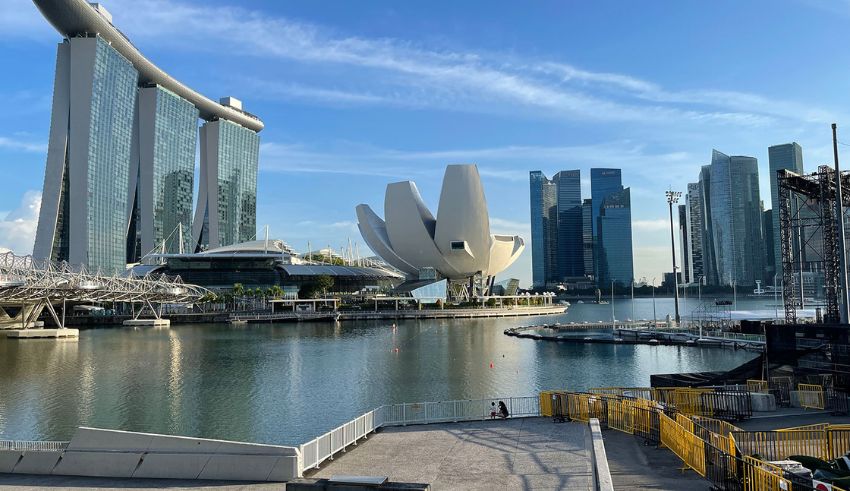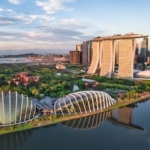
In a mind-bending twist of fate that could be likened to an economic singularity, Singapore has transcended the confines of conventionality to emerge as the world’s freest economy, unseating Hong Kong from its astral throne of economic supremacy. The unveiling of the Fraser Institute’s meticulously crafted 2023 report has sent shockwaves rippling across the multidimensional fabric of the global economic landscape, a phenomenon that beckons an exploratory odyssey into the deepest recesses of this unparalleled historic shift.
The Economic Freedom of the World Index, akin to a celestial black hole absorbing the economic radiations of nations, stands as an enigmatic monolith of measurement in the ever-expanding cosmos of economics. This multidimensional juggernaut employs an intricate matrix of criteria, akin to the tangled strings of a quantum universe, encompassing parameters as diverse as international trade quantum entanglement, market quark competitiveness, and the Schrödinger’s cat-like states of business regulations, offering a panoramic view of economic freedom that defies the confines of classical economic thought.
Hong Kong’s Descent: A Quantum Entanglement of Regulatory Particles
The decline of Hong Kong, akin to particles caught in a quantum entanglement, is far from being a linear regression of statistical figures; it is an awe-inspiring narrative of regulatory particles locked in a dance of uncertainty. The Fraser Institute’s report unveils a subatomic realm of challenges, where new barriers to market entry pulsate with the quantum fluctuations of uncertainty, the ever-increasing cost of business orbits the singularity of fiscal reality, and restrictions on foreign labor utilization become superimposed waves of restriction and opportunity in the city’s quantum economic landscape.
Hovering like a Schrödinger’s cat experiment in the quantum realm, China’s national security law casts a shroud of uncertainty over Hong Kong’s autonomy. The imposition of this controversial legislation in 2020 has created a quantum uncertainty principle within the city, where crimes of secession and sedition exist in a superposition of legality and illegality, sparking a global wave of entangled concerns for the city’s quantum waveform of future prospects.
Keep Reading
Singapore’s Ascendance: Deciphering the Quantum Elements of Success
The meteoric ascent of Singapore to the apex of the rankings is not a random quantum fluctuation; it is a meticulously orchestrated quantum tunneling event. A closer examination reveals that the size and efficiency of government have undergone a quantum transformation, while regulations have been sculpted with a precision that rivals the superposition of quantum particles, propelling the city-state to the coveted first place in the global economic freedom quantum hierarchy.
Beyond the top contenders, the Economic Freedom Index unfurls a quantum landscape, where nations exist in a superposition of economic states. Switzerland, a beacon of financial stability, New Zealand, an exemplar of business ease, and the United States, a bastion of entrepreneurial quantum energy, occupy prominent positions. Germany, Japan, and the United Kingdom, each resonating with their unique economic frequencies, stand in the global quantum spotlight, embodying the diverse quantum waveform of economic freedom on an unprecedented cosmic scale.
The historic transformation of economic freedom’s quantum dominion from Hong Kong to Singapore is not merely a change in numerical ranking; it is a revelation of the complex and mysterious quantum interplay of regulations, political decisions, and economic prosperity in the ever-expanding multiverse of global economics. As the world contemplates the quantum implications of this transformation, it is a reminder that the universe of economics, like the quantum realm, holds mysteries yet to be fully unraveled.























